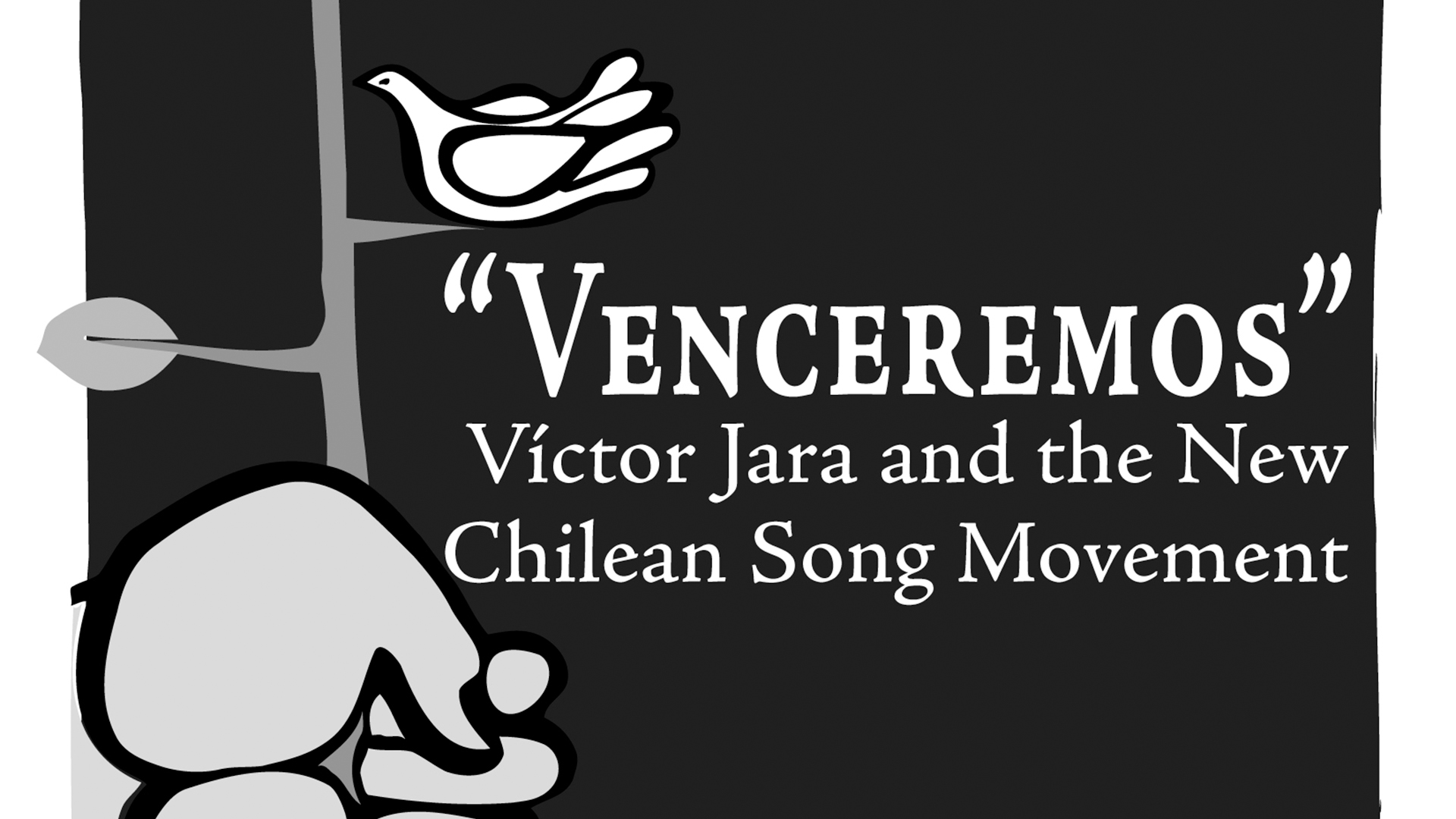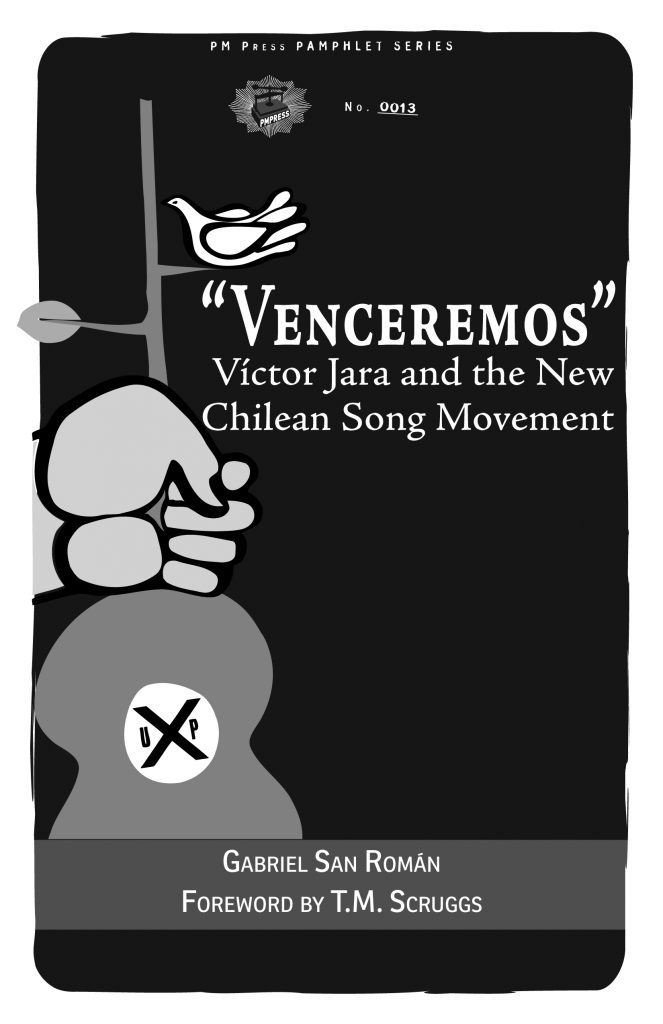By Gabriel San Román
OC Weekly
May 15th, 2014
[Editor’s Note: This week’s edition of Locals Only is the preface of Venceremos: Víctor Jara and the New Chilean Song Movement, a new booklet available from PM Press; pmpress.org. It is republished with the permission of the author and publisher, veteran Weekling Gabriel San Roman]
Víctor
Jara’s “Manifiesto,” the definitive song of La Nueva Canción Chilena,
served as background music during the episode of CNN’s Cold War series
titled “Backyard,” in which his widow, Joan Jara, was interviewed about
her folk singer husband’s murder at the hands of General Augusto
Pinochet’s forces. As a youthful teenager learning about the world,
this segment on Chile and U.S. intervention during the latter half of
the 20th century piqued my already-budding interest in politics and
history. The basic history of the Sept. 11, 1973, coup that toppled the
democratically elected socialist presidency of Salvador Allende in
Chile had already been known to me, but it was the series, oddly
enough, that first introduced me to the music of Víctor Jara.
The
sonorous melodies were as captivating as the lyrics were pensive. Who
was this Chilean folk singer? What was it about his idealism, life and
music that had him meet the tragic fate of a political martyr? As I
sought out those answers as both a lover of good music and radical
politics, I also eventually discovered Violeta Parra, Quilapayún,
Inti-Illimani and all the superb musicians who formed the foundation of
the historic cultural movement known as La Nueva Canción Chilena.
Later, academic research and my life in journalism allowed me to delve
deeper into this profound musical world. This brief history of
Chile’s New Song movement examines its rise as a distinct cultural
phenomenon that became a concurrent component of a political
revolution, with a particular emphasis on the lyrical content, themes
and musical forms of the era’s songs as they morphed through their own
particular history, as well as the politically tumultuous times in
Chile that helped to shape them.
History does not exist solely for the purposes of reflective gazes into the past. The lessons of Chile’s New Song movement remain relevant to our world today. Currently, three major record-label corporations–Universal Music Group, Sony Music Entertainment and Warner Music Group–control an overwhelming majority of music distributed worldwide. As increasing consolidation takes its toll on creativity and political expression, the historical example of DICAP, La Nueva Canción Chilena’s alternative record label, is ever more urgent as a cultural, political means of organization no matter what leftist political persuasion or preferred musical genre.
South American countries still have radio stations under similar circumstances that Chilean musicians described decades ago within the framework of colonization. Under the late Venezuelan president Hugo Chávez, the Ley de Responsabilidad Social en Radio y Televisión (RESORTE) opened up the country’s frequencies to more Venezuelan music, requiring DJs to dedicate half of their playlists to national contemporary and folkloric artists. Just as in Chile during the 1960s, record company colonization permeated the airwaves with rock bands and other music from the United States.
And then there is, of course, the lasting legacy of New Song singers such as Víctor Jara who continue to inspire successive generations of activists and musicians alike, including this author. “I think he is an example who gives young people a motivation and courage to not be content with the world as it is today, but to think that they can actually produce a difference to make a better world,” Joan Jara said to me of her late husband. “Victor somehow goes on living in that sense today.”
Back to Gabriel San Román’s Author Page | Back to T.M. Scrugg’s Author Page







